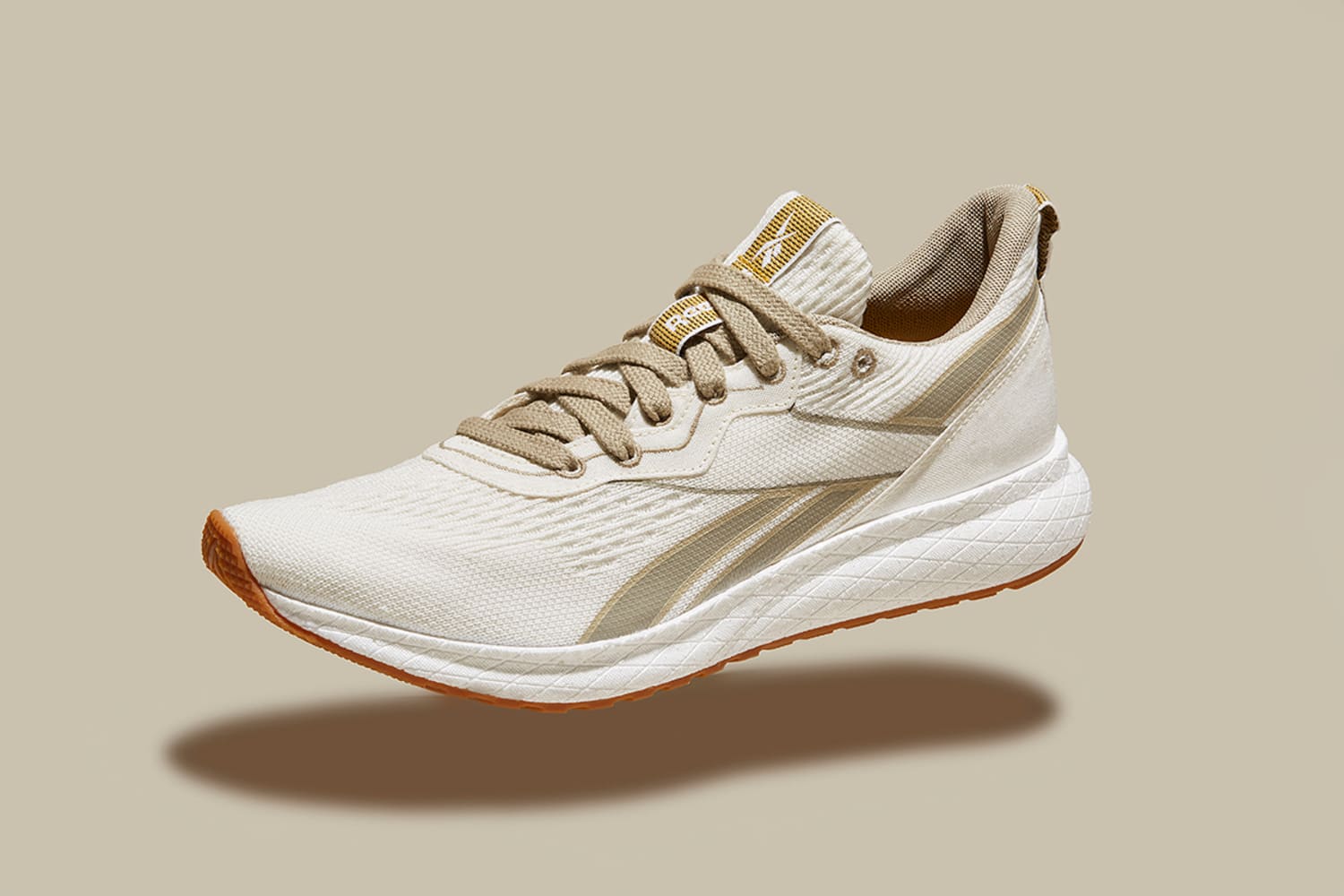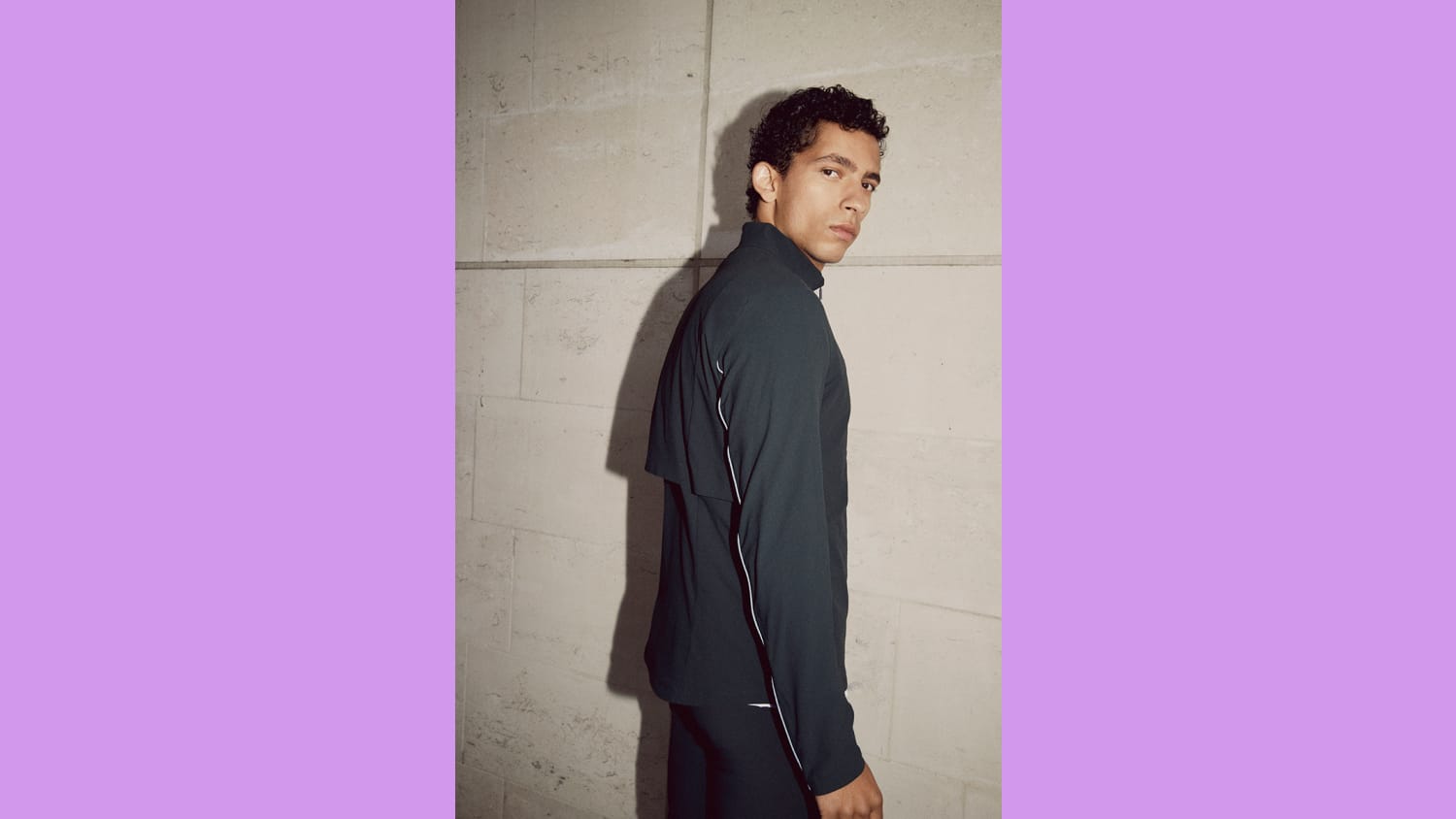Traditional sportswear is anything but sustainable, primarily utilizing synthetic materials to achieve optimum performance. But as more people look to get active–the global sportswear category will be worth over $400 million by 2023, even after factoring in the financial hit to the industry due to COVID-19, Euromonitor projects–while also upholding their growing eco-values, sportswear brands are introducing new high-impact but low footprint products.
The sportswear category is shifting focus from performance materials to sustainability credentials to up athletes' games.



Last month, Reebok announced the launch of their newest running sneaker the Forever Floatride Grow. With uppers made from eucalyptus, plant-based castor bean midsoles and an algae-based EVA foam sockliner, the shoes were designed to provide the same high-performance as Reebok’s other footwear but without much of the environmental impact. “Forever Floatride Grow is made for runners who care about performance and want to feel good about the products they use daily,” Reebok product director Emily Mullins said. Crucially, the shoes are competitively priced, retailing for $120. Although parent company Adidas reached the milestone of using over 50% recycled polyester in its products this year, the use of plant-based materials to achieve top-notch running shoes shows the potential in the category to forgo synthetic materials altogether.



Swiss running brand On is taking performance and recycling to the next level. In September they announced Cyclon, the world’s first zero waste performance sneaker subscription. For every new pair of shoes sold, an old pair is taken back to recycle into a new pair becoming truly circular. Costing £25 a month, the service will officially launch in Fall 2021.
Launched only a year ago, British athleisure brand TALA is proving that sustainability and high-performance clothing go hand-in-hand, regularly selling out launches in under an hour. The clothing is 92% sustainable, made from recycled plastic bottles and upcycled offcuts from factories. Founded by fitness influencer Grace Beverly, who also owns exercise equipment brand B_ND, sustainability practices are also incorporated into the manufacturing process with fair and safe conditions for all workers.


And in August, London-based label Cos launched its first sustainable activewear collection. The garments are made with materials including recycled polyester and are designed for “everyday performance and comfort.”
While brands like Patagonia have been pushing the sustainability agenda for years, more and more sportswear companies are waking up to the need and desire for both high performance and environmentally friendly products. No longer content with one-dimensional items, consumers are demanding that their clothing functions at the highest level but doesn’t compromise on their sustainability values.
For more on the future of sports, download our trend report Back in the Game.
Please provide your contact information to continue.
Related Content

VML Prague and KitKat offers a digital break with its new "Phone Break" campaign

